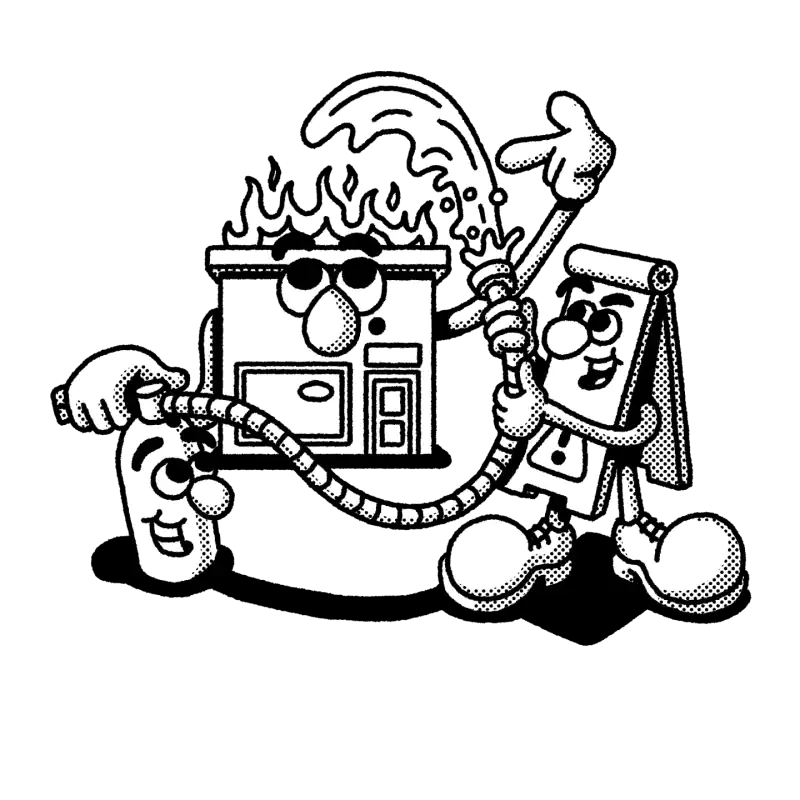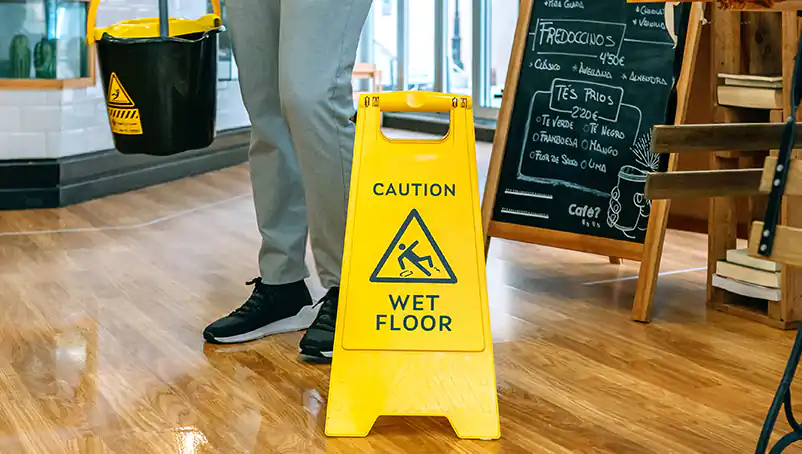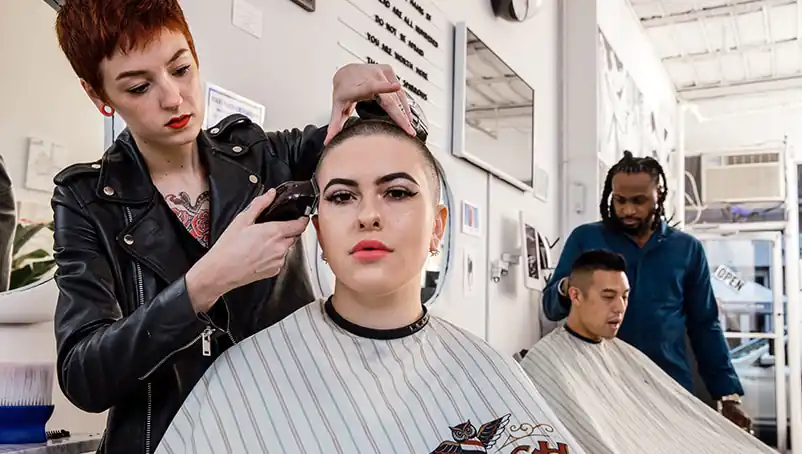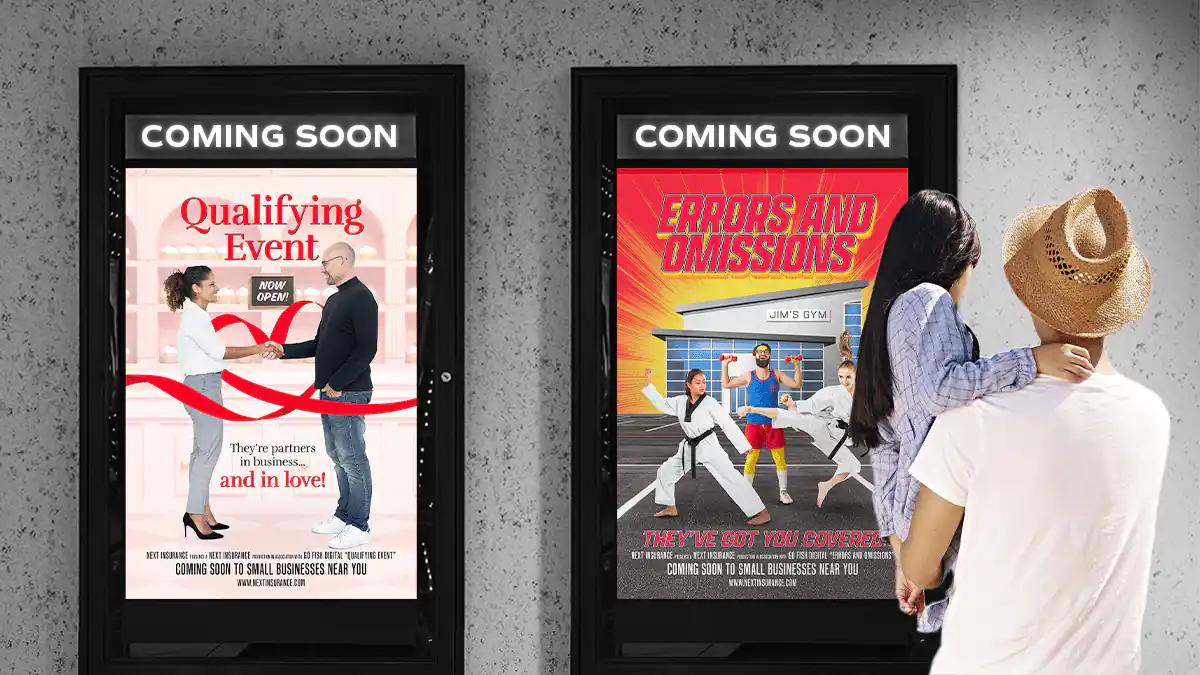Examples of invasion of privacy
Let’s say you’re having a private phone call in your office, and someone sneaks into the next room to hear what you’re saying. That would be an invasion of your privacy.
However, say you were having the same conversation while walking through the park, and another walker hears everything you say. It wouldn’t be an invasion because you had no expectation of privacy in that setting.
Now, you may be asking: What does this have to do with business insurance? The answer: Invasion of privacy lawsuits against small businesses are extremely common, so much so that you probably already have insurance coverage for them and don’t even know it.
Invasion of privacy in business
The most common claims and types of invasion of privacy against businesses are:
- Public disclosure of embarrassing private facts
- False light
- Appropriation of a person’s name or likeness
Here’s how a small business might invade a person’s privacy:
Public disclosure of private facts
Everyone has the right to keep the details of their private life from becoming public information. Say you let it slip to a group of customers that the cafe down the road is having trouble because the owner is deep in debt.
As there was no need for the public to know that private information, and it could call into question the owner’s character, you may face claims of invasion of privacy. That person, in turn, may decide to take legal action.
False light
False light occurs when a person publicly portrays someone else in a negative and untrue light. Suppose you find yourself in an interview and talk a little too much trash about a competitor. In that case, you could be sued for invasion of privacy if what you say damages their reputation.
False light and defamation (e.g., libel and slander) often overlap, so much so that many states don’t recognize false light as a separate cause of action.
Appropriation of a person’s name or likeness
This is probably the most common invasion of privacy that small businesses face.
Say you snap a great picture of happy customers. You take that picture and publish it on social media or use it in an advertisement. If you don’t have permission from every person in the image, you could face an invasion of privacy lawsuit.
Even though you meant no harm with your photo, everyone has the right to privacy so your posting their picture could be considered an appropriation of name and/or intruding on their rights.
Insurance for invasion of privacy claims
Considering that your business is responsible for everything it publishes and for everything your employees do, it’s easy to see why invasion of privacy accusations are so common for small businesses.
Fortunately, general liability coverage come with protections for most of these risks.
General liability is usually the first policy small businesses purchase because of its broad base of coverage. Many small business owners don’t know that it includes coverage that protects against reputational harm and advertising injury.
Reputational harm can cover claims of public disclosure of embarrassing private facts and false light. Advertising injury can cover misappropriation of a person’s name or likeness.
With these two protections in place, general liability can help businesses defend themselves against claims of invasion of privacy, no matter who’s to blame.
How NEXT boosts small businesses
Running a small business can be a 24/7 job, even before you have to factor in keeping tabs on what your employees are up to online.
That’s why NEXT gives you 24/7 access to manage your coverage on your schedule — so you always know you have the coverage you need.
You can start a quote, customize your options and access your certificate of insurance online immediately — in about 10 minutes.
Start your instant quote today.













